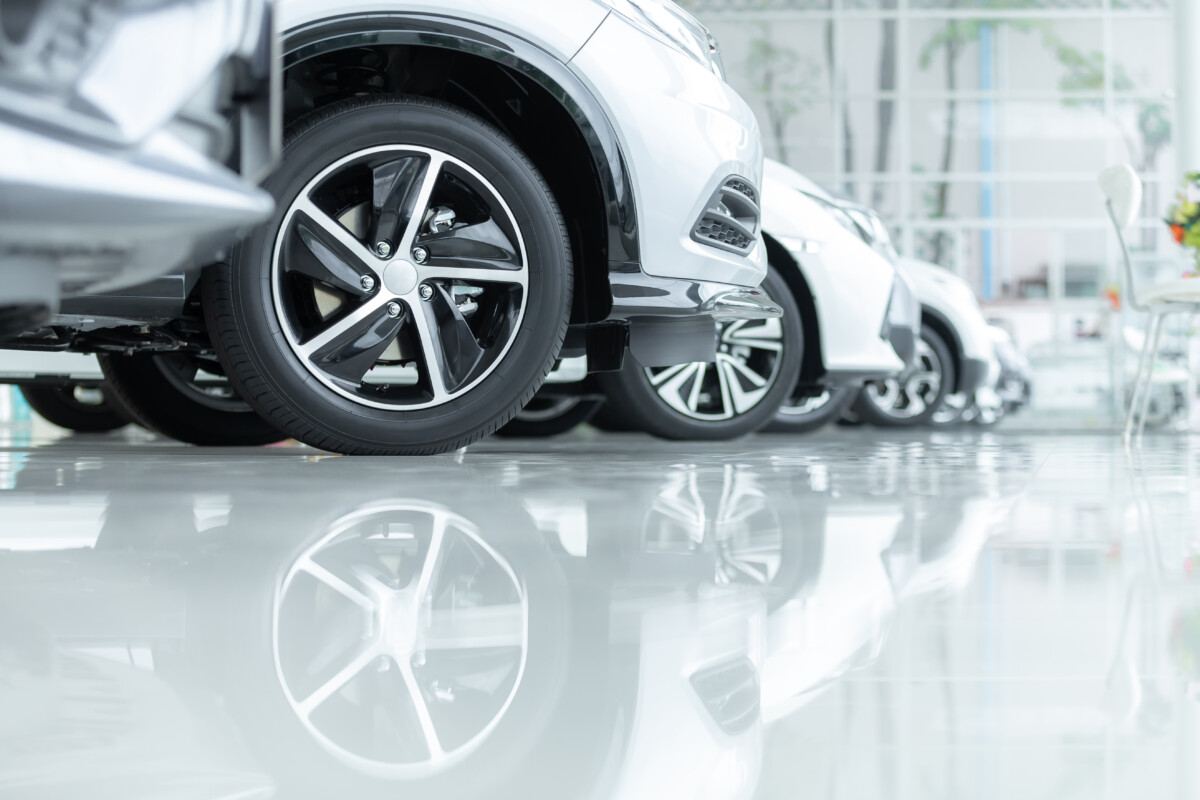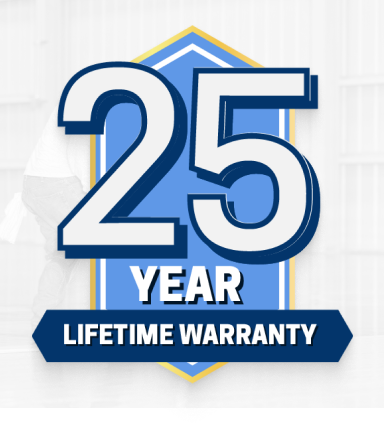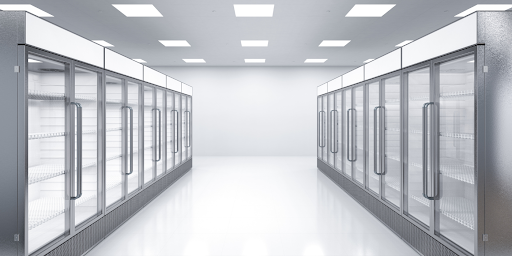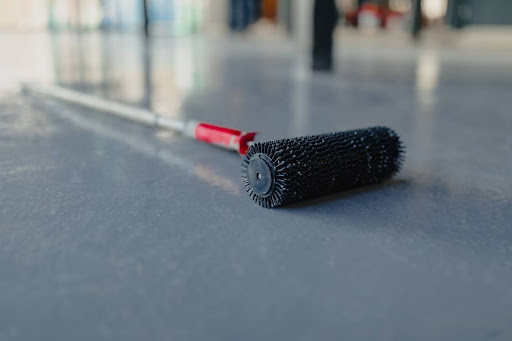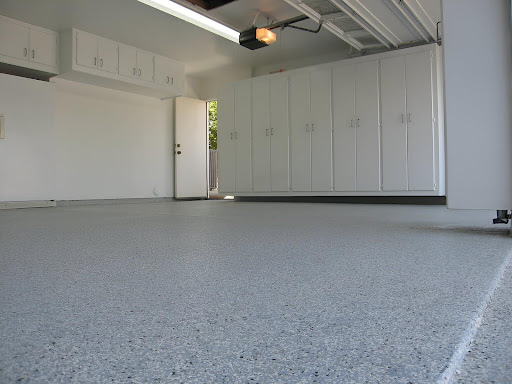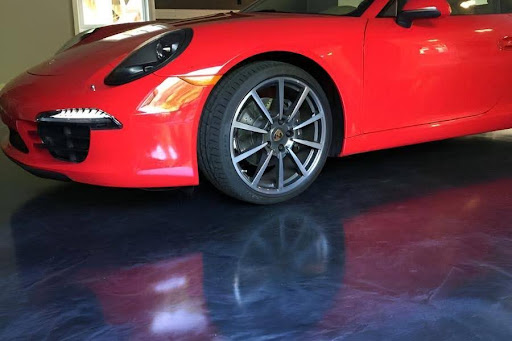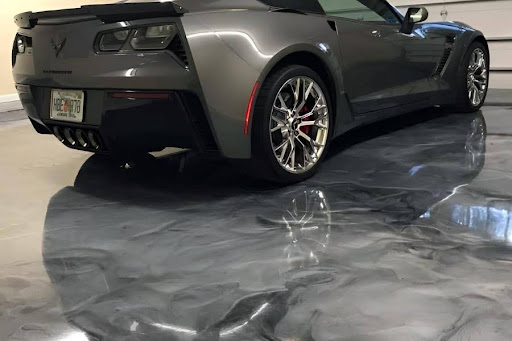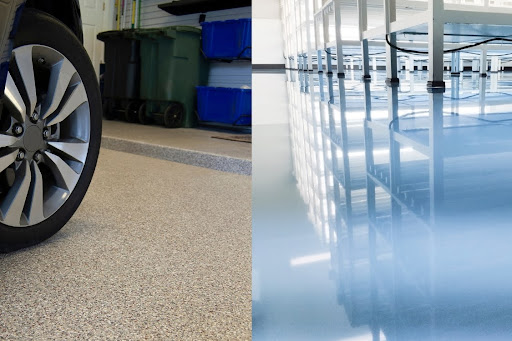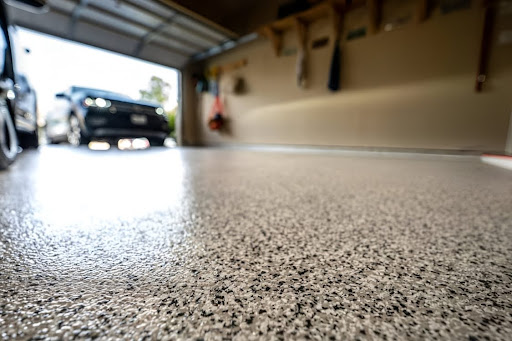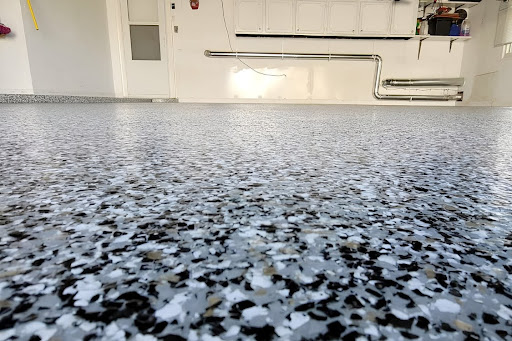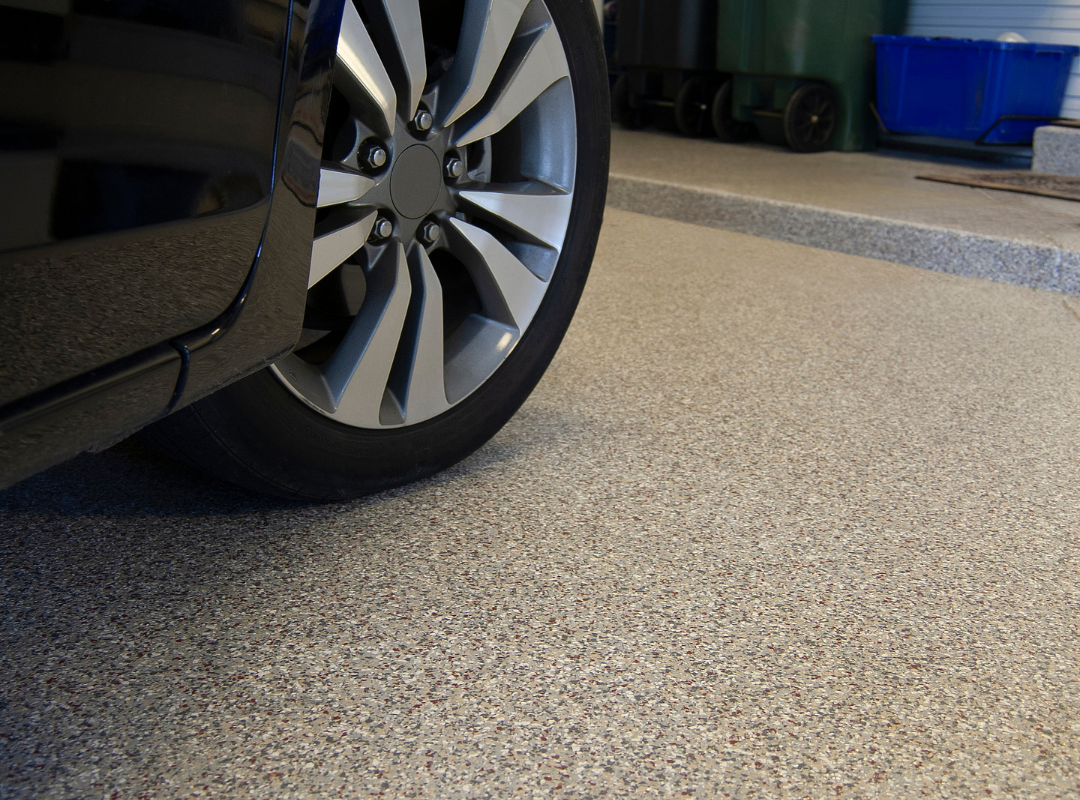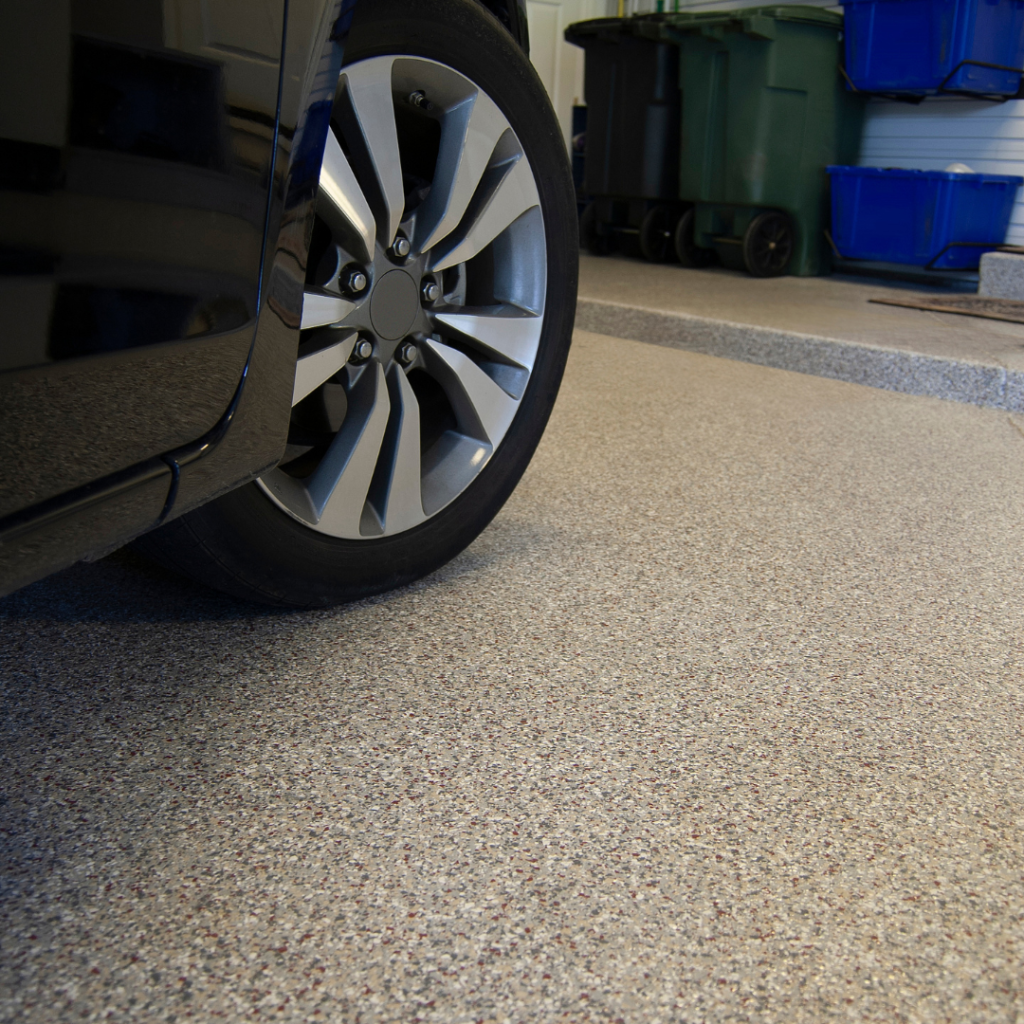
James Wilson
December 11, 2024
Table of Contents
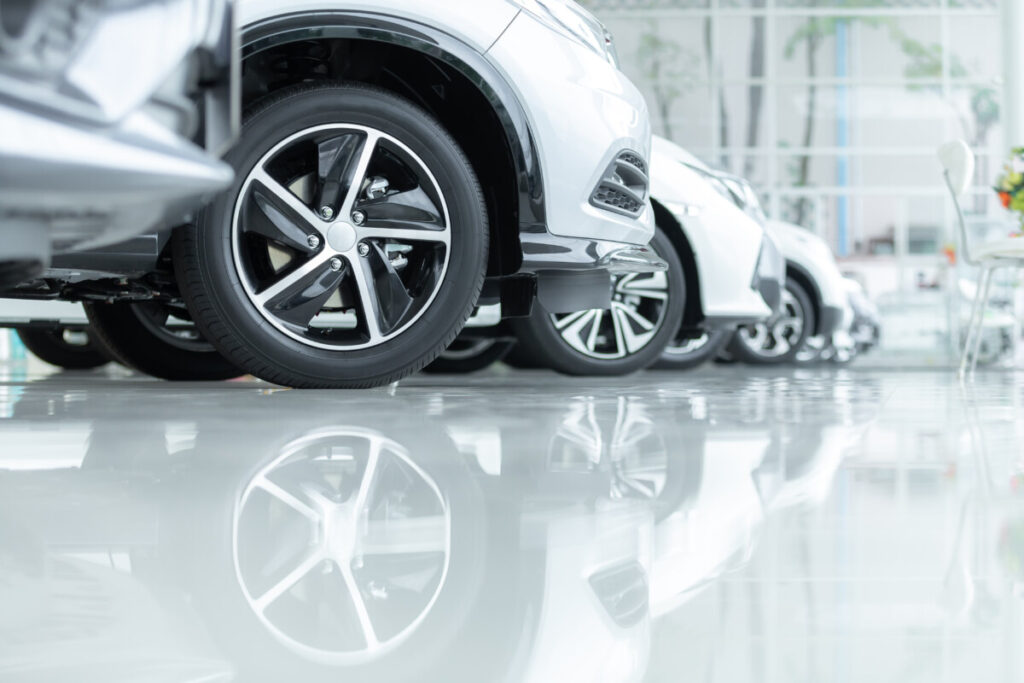
Epoxy coatingfor garage floors is making waves in the home improvement world. Gradually, this home improvement material is becoming the trendsetter’s choice for modern living spaces.
Homeowners are turning to this stylish and robust flooring option to upgrade their garages. This innovative flooring solution adds both aesthetic appeal and long-lasting performance turning garages into functional areas.
Read on asApex Epoxy Flooringexperts break down epoxy coatinggarage floors’ rise in popularity and why it can be the next big deal for your home.
The Rise of Epoxy Floor Coatingin Home Improvement
The COVID-19 pandemic has fundamentally changed how people view and use their living spaces.
With more time spent at home, homeowners have been investing heavily in home improvement projects. In fact, home improvement spendingsurged by 20% in 2023and continues to grow in 2024. This surge includes various upgrades aimed at enhancing functionality, aesthetics, and property value.
Garages, once considered utilitarian spaces, are now being transformed into multi-functional areas. Whether it’s converting a garage into a home gym, workshop, or additional living space, homeowners are recognizing the untapped potential of these areas. Epoxy garage floor is an ideal solution for this transformation due to its durability, ease of maintenance, and appeal.
7 Benefits of Epoxy Coatingfor Garage Floors
Choosingepoxy coatingfor garage floorsis a smart investment for homeowners looking to enhance their properties. The robust nature of epoxy flooring ensures that it remains intact and attractive despite heavy usage and exposure to harsh conditions.
Here’s why:
Durability and Longevity
Epoxy flooring is designed to withstand heavy traffic, resist chemical spills, and endure wear and tear without showing signs of damage.
Unlike traditional concrete floors, which can crack and deteriorate over time, epoxy-coated floors remain intact and robust for years. This longevity is advantageous in high-traffic areas like garages, where the flooring is subject to heavy loads and constant use.
Aesthetic Appeal
Epoxy flooring transforms the look of a garage. It adds a sleek, polished finish that can dramatically enhance the overall aesthetics.
Available in a wide range of colors and finishes, epoxy coatings allow homeowners to customize their garage floors to match their personal style and home decor. The high-gloss finishof epoxy flooring improves light reflectivity which makes the space brighter and more visually appealing.
In addition, various epoxy typecan be tailored with decorative elements such as:
- Metallic finishes
- Color flakes
- Quartz granules
- Custom patterns
Ease of Maintenance
Maintaining an epoxy-coated garage flooris remarkably simple. This is a crucial advantage, especially if you are a busy homeowner.
The non-porous surface of garage floorepoxy prevents dirt, oil, and other substances from penetrating. As a result, making it easier to clean and resistant to stains.
Regular sweeping and occasional mopping are usually sufficient to keep the floor looking pristine. This ease of maintenance not only saves time and effort but also reduces the need for harsh cleaning chemicals.
Safety Features
Safety is a critical concern for any flooring choice, and solid epoxy coatings excel in this area as well.
Garage floorepoxysystems can be treated with non-slip additives to enhance traction. This reduces the risk of slips and falls – even in wet conditions. The reflective properties of the high-gloss finishalso improve visibility in the garage.
All of these features combined make epoxy-coated floors an excellent choice for households concerned about maintaining a safe living space.
Eco-Friendly Options
Solid epoxy coatings offer an eco-friendly flooring option that aligns with this growing trend.
Unlike many traditional flooring materials that emit harmful volatile organic compounds (VOCs) during installation and use, epoxy coatingproducts are low in VOCs. Low VOC products are those type of epoxythat have minimal impact on indoor air quality and the environment.
Furthermore, the durability of garage epoxy floorcoating means they require less frequent replacement. This, at the same time, reduces waste and the overall environmental impact associated with flooring.
Cost-Effectiveness
Epoxy flooring is not only environmentally friendly but also economically advantageous. The initial cost of installing standard solids epoxy flooring only ranges from $3 to $7 per square foot. This is relatively low compared to other flooring options like hardwood or tile.
In addition, its long lifespan means that homeowners save money in the long run due to fewer replacements and repairs. The maintenance costs are also minimal, as epoxy floors are easy to clean and resistant to stains and damage.
Enhanced Property Value
Investing in epoxy flooring can significantly boost the value of a property. Homebuyers are increasingly looking for homes with modern, durable, and low-maintenance features.
And this is exactly what epoxy-coated garage floors offer to boost a property’s market value. This added value can make a significant difference in competitive real estate markets.
How Epoxy Floors are Installed?
The world of home improvement is buzzing with new trends and epoxy coatingfor garage floors is leading the charge. With its ability to transform ordinary garage spaces,Apex Epoxy Flooringis at the forefront of providing top-notch flooring solutions.
Here’s an overview of how their epoxy coatingfor garage floorprofessional installationand application process:
- Preparation: Thoroughly clean the concrete surface, repair any cracks or holes, and etch the surface with a mild acid to ensure proper adhesion.
- Priming: Apply a prime coatto seal the concrete pores and enhance adhesion. Allow it to cure for 12 to 24 hours.
- Base Coat: Mix the epoxy resin and hardener, then apply the base coat evenly using a roller or squeegee. Decorative flakes or chips can be added to the wet base coat for texture and appearance.
- Top Coat: Once the base coat has cured, apply the standard topcoatfor additional protection and a glossy finish. Allow the floor to cure completely, which can take several days.
Get Your Epoxy CoatingGarage FloorInstalled Today!
Epoxy coatingfor garage floors is undeniably the hottest home improvement trend of 2024. Its exceptional durability and low maintenance requirements provide a practical solution for those looking to improve their garage spaces.
Here at Apex Epoxy Flooring, we are dedicated to delivering top-notch epoxy garage flooring solutions tailored to your specific needs. We use only the highest quality materials and advanced techniques to provide you with a floor that is as sustainable as it is beautiful.
Be part of the hottest home improvement trend of 2024!Contact ustoday for a free estimate and start your journey toward a stunning, durable, and low-maintenance garage floor epoxy coating.
FAQs
Garage epoxy floors can last anywhere from 10 to 20 years. This depends on factors such as the quality of the epoxy, the installation process, and the level of maintenance. High-quality epoxy coatings installed by professionals and maintained properly can even exceed this lifespan, particularly inresidential settingswith less wear and tear.
Water can get under an epoxy floorif there are cracks or imperfections in the concrete substrate or if the surface is not properly prepared before application. Proper surface preparation is essential to ensure a watertight seal. In addition, using a high-quality epoxy coatingand following the correct application procedures can help prevent water infiltration.
The best garage floorcoating is typically an epoxy coatingdue to its superior durability, resistance to chemicals, and aesthetic appeal. Epoxy coatings are highly customizable, offering a range of colors and finishes, and they provide a non-porous surface that is easy to clean and maintain. In addition, epoxy coatings can enhance the light reflectivity of your garage.
The best color for garage flooring depends on your personal preferences and the desired aesthetic. Light standard colors like gray or beige can make the space look larger and brighter, while darker colors like charcoal or black can hide stains and dirt better. Some homeowners opt for a wide variety of colors that match their vehicles or the overall base color schemeof their homes.
Yes, you should consider coating your garage floorwith epoxy due to its numerous benefits. Epoxy coatings are a great choice for residents who are looking for a durable and resilient surface that can withstand heavy traffic and chemical spills. Furthermore, epoxy flooring comes with abrasion resistanceand enhances the aesthetic appeal of your garage and is easy to clean and maintain.
Written By:
James Wilson
James Wilson’s extensive experience as a construction manager is apparent in his practical advice on epoxy floor installation. Having managed numerous projects after his studies at Purdue University, his contributions offer step-by-step guides and insider tips that ensure successful flooring projects for Apex’s audience.
Table of Contents
Related Epoxy Flooring News

Polyurea Garage Coating Florida | Heat & Weather-Proof Floors
If your garage floor is cracking, peeling, or stained, it’s time for an upgrade that

Epoxy Kitchen Floor & Indoor Epoxy Flooring in Florida
Get a durable, easy-to-clean epoxy kitchen floor that resists heat and spills. Call now

What Makes Marble Epoxy Floors a Smart Choice
Get a marble epoxy floor with a luxury look and lasting strength. Ideal for Florida
